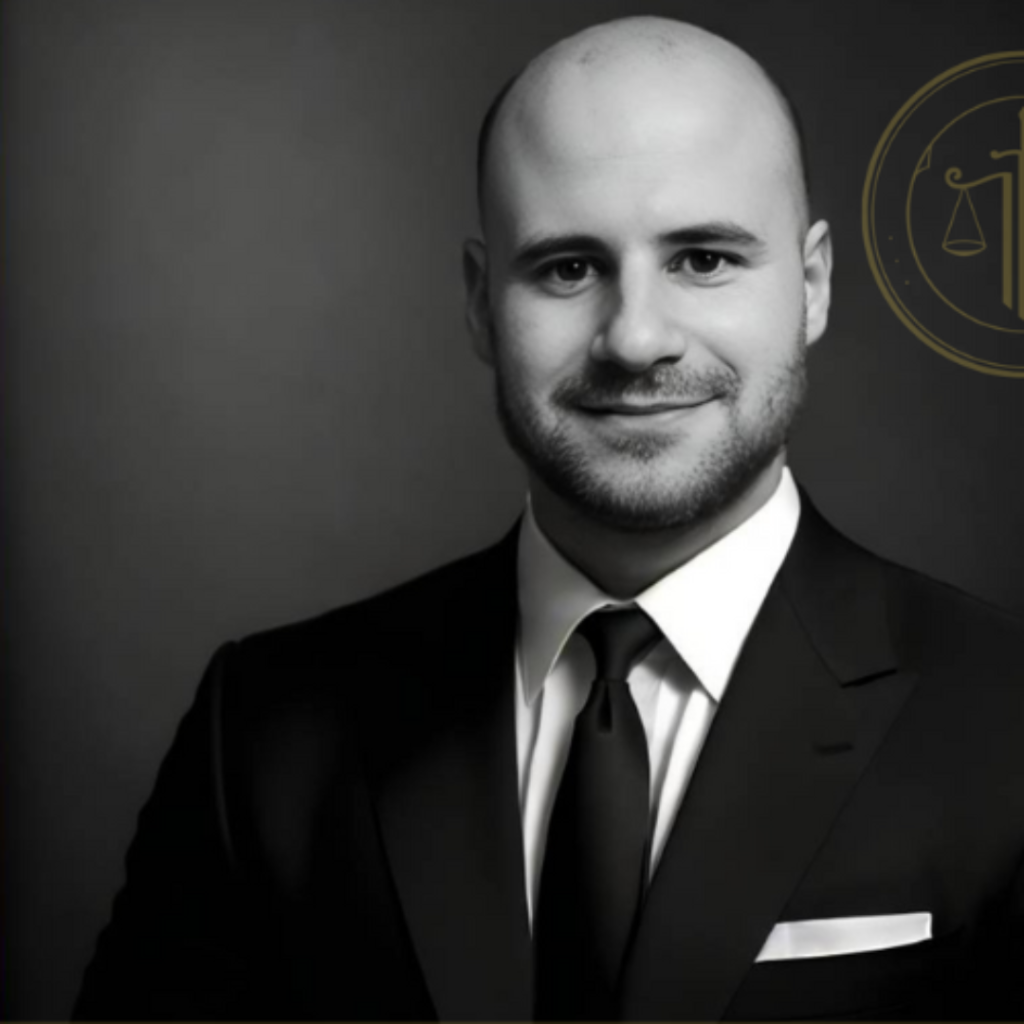- Attorney Appointment (916) 704-3009
Under the Microscope: Why Congress Wants to Know About Law Firms’ Trump Deals

By Legal News Scout | April 23, 2025
What’s Happening Right Now
In a remarkable development that touches both the legal profession and the highest levels of government, Democratic lawmakers are pressing America’s largest law firms to reveal details about special agreements they’ve reportedly made with President Donald Trump’s administration.
The key question: Have major law firms struck deals with Trump to protect themselves from executive orders that could hurt their businesses?
This isn’t just political theater. It raises fundamental questions about transparency, ethics in the legal profession, and the proper relationship between government and private business.
Breaking It Down: What These “Deals” Might Be

According to reliable sources, some of America’s most prestigious law firms may have negotiated special arrangements with the Trump administration to avoid being targeted by executive orders. Think of these as potential “carve-outs” or “safe harbor” agreements that could shield specific businesses from policies affecting their competitors.
Why would law firms need these deals? Since returning to office in January, President Trump has issued numerous executive orders aimed at reshaping various industries. Law firms with international operations, government contracts, or certain client relationships might find themselves vulnerable to sudden policy changes.
Why Congress Is Demanding Answers
Democratic lawmakers argue that if such deals exist, the public deserves to know about them. Their concerns center on three main issues:
- Potential conflicts of interest: Law firms represent clients across many industries. If they’ve secured special treatment from the administration, could this compromise their ability to represent clients who might be harmed by Trump’s policies?
- Transparency in governance: Should any business be able to negotiate private exemptions from executive orders that apply to others?
- Equal application of the law: If certain law firms have found ways to avoid the impact of executive orders, this raises questions about fundamental fairness.
What Legal Experts Are Saying
“This investigation touches on core principles of professional responsibility,” explains Professor Samantha Watkins, who teaches legal ethics at Georgetown Law. “Attorneys have duties both to their clients and to the legal system itself. Secret deals with an administration could create troubling conflicts.”
Other legal scholars point out that while private businesses, including law firms, naturally seek to protect their interests, the legal profession has special obligations of transparency given its role in the justice system.
Why This Matters to You (Even If You’re Not a Lawyer)
This story might seem like inside baseball, but it actually affects everyone for several reasons:
- Trust in institutions: For democracy to function, citizens need confidence that laws and regulations apply equally to all.
- Precedent-setting: If large law firms can negotiate special carve-outs from executive orders, what stops other industries from seeking the same privilege?
- Client impacts: If you’re represented by a law firm with special Trump administration deals, could this affect how they handle your case?
What Happens Next
Congressional committees have requested information from several top law firms about any agreements with the Trump administration. These firms now face a difficult choice:
- Comply with congressional requests and potentially reveal sensitive business arrangements
- Refuse to provide information and risk congressional subpoenas
- Claim that no such agreements exist (if that’s indeed the case)
Legal analysts expect this inquiry to expand in coming weeks, potentially including hearings where law firm leaders might be called to testify.
The Bigger Picture
This investigation highlights the complex relationship between the legal profession, corporate interests, and government policy in America today. It raises fundamental questions about how executive power should be exercised and whether special arrangements for particular businesses undermine the rule of law.
As this story develops, it will likely spark important conversations about transparency in government, professional ethics, and the proper boundaries between public and private power.
This article was written by our Legal News Scout team using the latest information available from reputable sources. While we strive for accuracy, this complex situation continues to evolve. We’ll update this story as new information becomes available.
For more breaking legal news analysis delivered straight to your inbox, sign up for our weekly Legal Insider newsletter.













